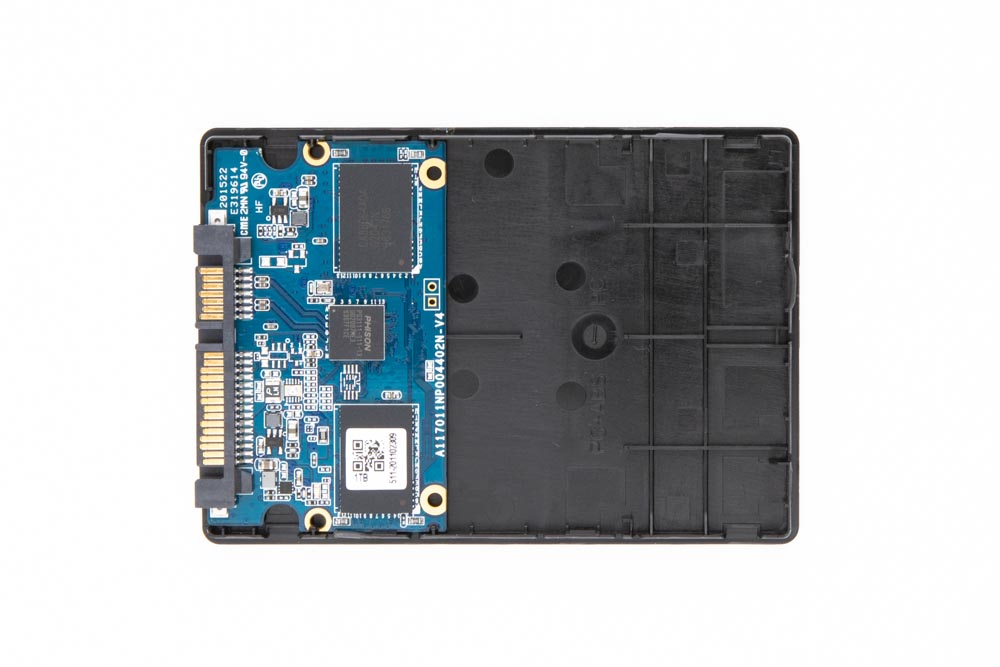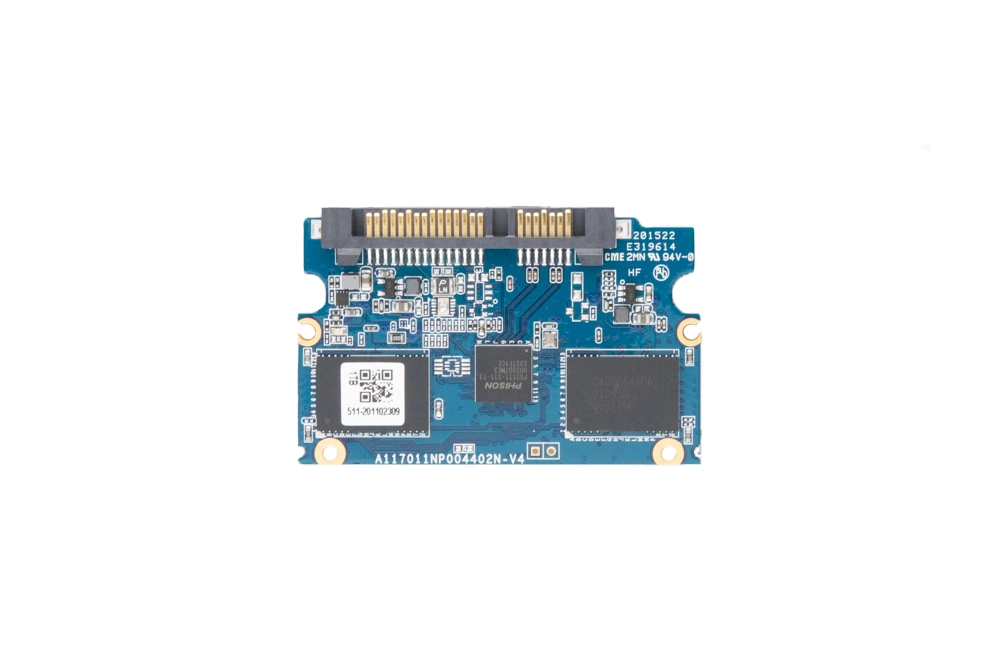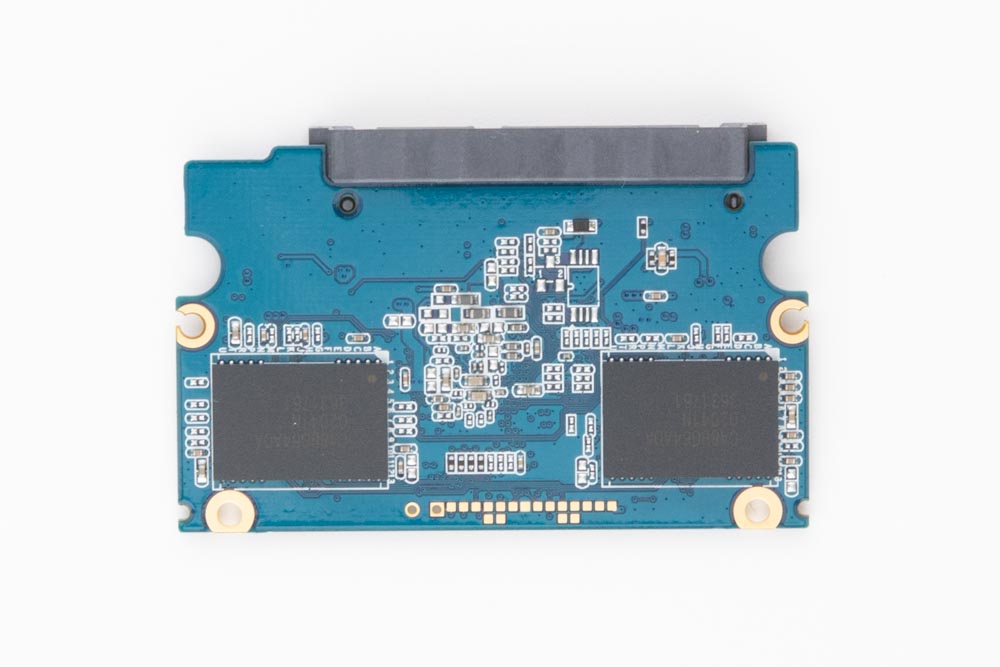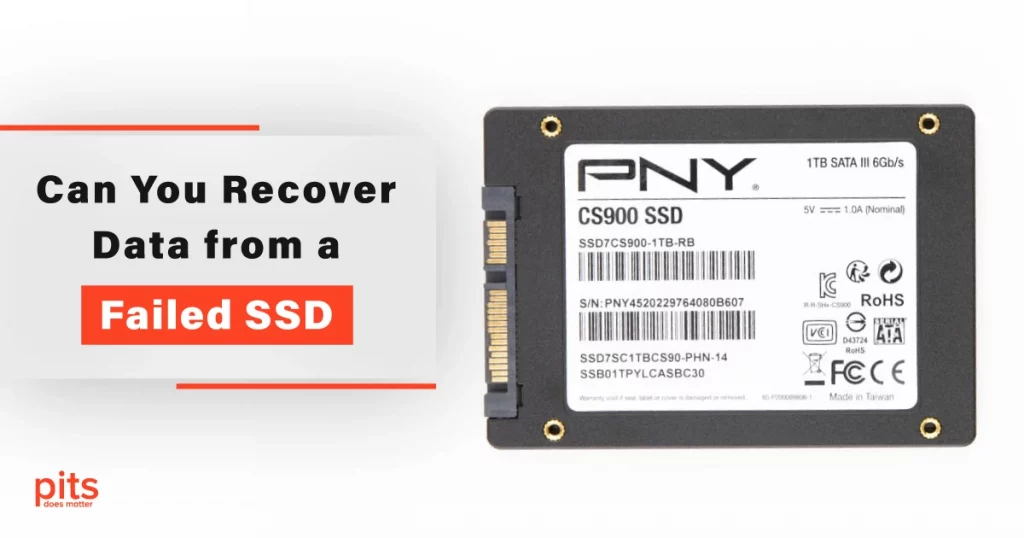Solid-state drives, or SSDs, have become increasingly popular in recent years due to their fast read and write speeds, low power consumption, and quiet operation. However, just like any other technology, SSDs are prone to failure. When an SSD fails, the data stored on it can become inaccessible, leading to potential data loss. In this article, our team will explore the causes of SSD failure, the failure rates of SSDs, and what to do when facing a malfunctioning SSD.
Reliability and Failure Pssibilities of Solid State Drives
Solid-state drives (SSDs) are generally considered to be more reliable than traditional hard drives (HDDs), which use spinning disks to store data. However, SSDs can still fail for various reasons. The failure rate of SSDs varies depending on several features, such as the quality of the components used, the workload on the drive, and the environment in which it operates.
According to a study conducted by Backblaze, a cloud backup provider, the annual failure rate of SSDs is around 1.5%, compared to 10% for HDDs. However, it is important to mention that this study only looked at a specific set of SSDs and may not represent all SSDs on the market.
Causes of Failure on SSD
Wear and Tear
SSDs (solid-state drives) have a limited number of write cycles before they start to wear out, which is known as their endurance rating. When an SSD reaches its endurance limit, it can start to fail.

Power Outages
Power outages or surges can cause damage to the SSD’s circuitry, leading to failure.
Physical Damage
SSDs can be damaged if dropped, exposed to extreme temperatures, or subjected to other physical stressors.
Manufacturing Defects
Some SSDs may have manufacturing defects that can cause them to fail prematurely.
Can Data be Recovered from a Failed SSD Drive?
When facing a failure of SSD, it is important to avoid attempting to repair the device or use software to recover data. Doing so can cause further damage to the drive and make data recovery more difficult or impossible. Here are several steps you can take when facing a failure of SSD:
1. Stop Using the Drive
If you suspect that your SSD has failed, stop using it immediately. Continuing to use the drive can cause further damage and make data recovery more difficult.
2. Contact a Professional Data Recovery Team
The best option for recovering data from a failed SSD drive is to contact a professional data recovery service provider. These companies have the expertise and specialized equipment to recover data from damaged drives.
3. Provide Relevant Information
When contacting a data recovery service, be sure to provide relevant information, such as the make and model of the SSD, the symptoms of the failure, and any important data that needs to be recovered.
4. Avoid DIY Methods
Avoid attempting DIY methods to recover data from a failed SSD. This can cause further damage to the drive and make data recovery more difficult or impossible.
5. Backup Data Regularly
To avoid the risk of data loss due to SSD failure, it is important to back up your data regularly. This can be done using cloud storage services, external hard drives, or other backup solutions.

SSDs have become a popular choice for storing data due to their speed and reliability. However, like any other technology, SSDs can fail due to various reasons.
When facing a failure of SSD, it is important to avoid attempting to repair the device or use software to recover data. Instead, contact a professional data recovery service to recover your data safely and effectively.
Data Recovery from Failed SSDs with PITS Global
PITS Global Data Recovery Services is a leading provider of data recovery solutions for businesses and individuals. We understand the importance of data in today’s world and its impact on your business or personal life when it becomes inaccessible due to a failed SSD. That is why we offer specialized data recovery services for failed SSDs.
Our team of recovery specialists has years of experience in restoring data from all types of SSDs, including consumer-grade and enterprise-grade drives. We use advanced data recovery tools and techniques to ensure your data is recovered quickly and efficiently.
Our Data Recovery Process for Failed SSDs Involves
- Evaluation. We evaluate the failed SSD to determine the cause of the failure and the best course of action for data recovery.
- Quotation. We provide a quotation based on the evaluation of the failed SSD. Our quotes are transparent and include all costs associated with data recovery.
- Recovery. Once the quotation is accepted, we start the data recovery process using specialized equipment and techniques.
- Verification. We verify the recovered data to ensure that it is complete and accurate.
- Delivery. We deliver the recovered data to the client in the desired format, such as an external hard drive, USB drive, or online storage.

At PITS Global Data Recovery Services, we understand the urgency of data recovery for businesses and individuals. That is why we offer 24/7 emergency data recovery services for failed SSDs.
We have a strict data security policy to ensure your data’s confidentiality. Our data recovery process is performed in a secure environment, and we use advanced data encryption techniques to protect your data during transfer and storage.
PITS Global Data Recovery Services provides specialized data recovery for failed SSDs. We offer a transparent and efficient data recovery process, including evaluation, quotation, recovery, verification, and delivery. Our team of experts has the expertise and specialized equipment to recover data from all types, brands, and models of SSDs.
In addition, our team is able to handle storage devices regardless of their file system, operating system, and storage capacity. We also recover files from failing, corrupted, and dead SSD.
If you are facing a data loss on your solid-state drive, do not hesitate and get in touch with our company. Engineers at PITS will do everything in their power to restore your corrupted, deleted, or lost data from an SSD.
Frequently Asked Questions
Can data be recovered from a failed SSD?
Yes, data can be recovered from a failed SSD (Solid State Drive), but the success of data recovery depends on the specific circumstances of the failure. It is recommended to seek professional assistance from a reputable data recovery service to increase the chances of successful recovery.
What are the common causes of SSD failure?
- Electronic component failure.
- Firmware corruption or issues.
- Bad sectors or NAND flash memory degradation.
- Power surges or electrical issues.
- Physical damage, such as impact or water damage.
- Controller failure or malfunctions.
- Overheating or improper ventilation.
How do I know if my SSD has failed?
- Inability to boot up or access the operating system.
- Frequent system crashes or blue screen errors.
- Disappearing files or folders.
- Extremely slow or unresponsive performance.
- Strange clicking or grinding noises coming from the SSD.
- BIOS or system not detecting the SSD.
Can I recover the data myself from a failed SSD?
Data recovery from a failed SSD is a complex process that requires specialized knowledge and equipment. Attempting DIY data recovery on a failed SSD can potentially worsen the situation and lead to permanent data loss. It is strongly recommended to seek professional help from a qualified data recovery service to maximize the chances of successful recovery.
What should I do if my SSD fails and I need to recover the data?
- Immediately stop using the failed SSD to prevent further damage.
- Contact a professional data recovery service with expertise in SSD recovery.
- Provide the data recovery service with as much information as possible about the SSD, including the model, symptoms, and any relevant details.
- Follow the guidance of the data recovery service regarding packaging and shipping the SSD securely.
How long does SSD data recovery take?
The duration of SSD data recovery depends on several factors, including the complexity of the failure, the capacity of the SSD, and the specific techniques required for recovery. Simple cases may be resolved within a few days, while more complex recoveries can take several weeks. The data recovery service will provide an estimated timeframe based on the specific situation.
Can data recovery from a failed SSD be guaranteed?
Data recovery from a failed SSD cannot be guaranteed in all cases. The success of recovery depends on various factors, such as the extent of the damage, the type of failure, and the actions taken after the failure. Reputable data recovery services will provide an evaluation and assessment before attempting recovery, but it is important to understand that complete data recovery may not always be possible.
How can I prevent SSD data loss in the future?
- Regularly back up your important data to multiple locations, including offline or cloud-based backups.
- Keep your SSD firmware up to date.
- Protect your SSD from physical damage by handling it carefully and avoiding impact or extreme temperatures.
- Use a reliable surge protector or uninterruptible power supply (UPS) to protect against power surges.
- Monitor the SSD’s health and performance using manufacturer-provided tools or third-party software.
